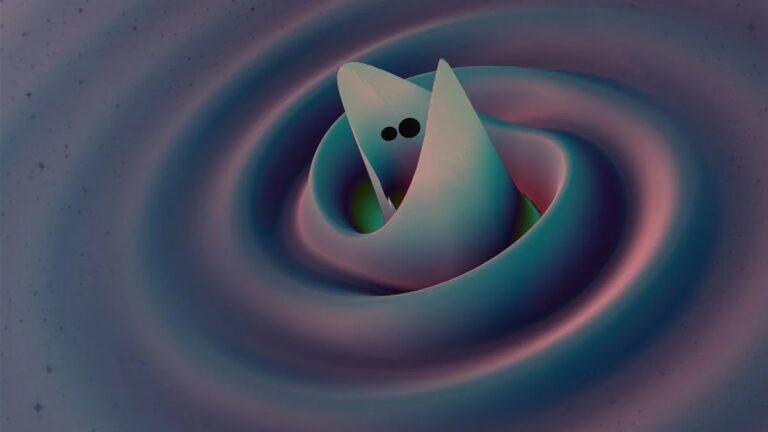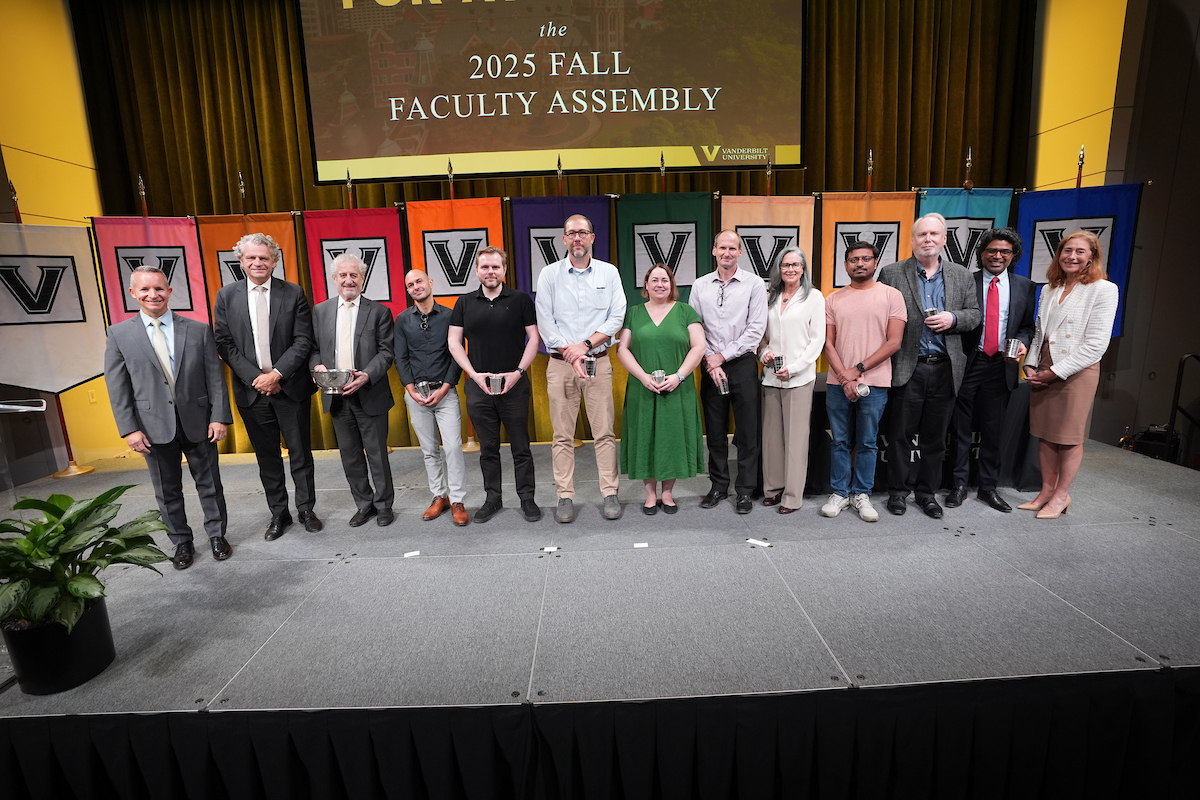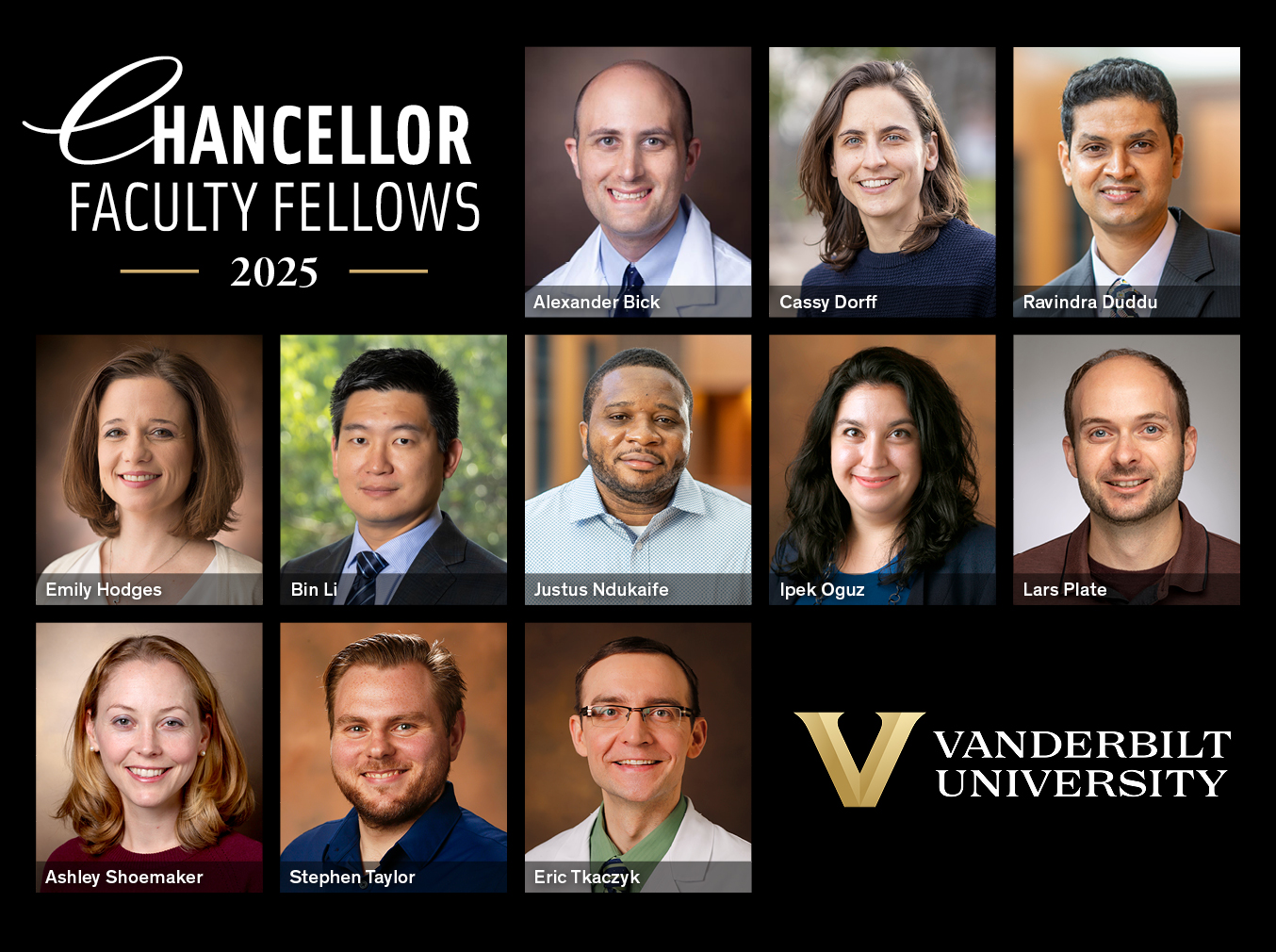Stephen Taylor
Associate Professor of Physics & Astronomy
Chancellor Faculty Fellow
Affiliated Faculty, Vanderbilt Data Science Institute
Research Interests
My research interests are in gravitational-wave astrophysics, specifically in the nanohertz-frequency regime targeted by pulsar-timing arrays (PTAs). These involve ensembles of precisely-timed millisecond-period pulsars being used to search for correlated timing deviations induced by low-frequency gravitational waves. As such, PTAs are essentially a gravitational-wave detector synthesized on a Galactic scale. The expected gravitational-wave sources for PTAs are binary systems of supermassive black holes, formed during the merging of galaxies. I am a member of NANOGrav (the North American Nanohertz Observatory for Gravitational waves), within which I sit on the Management Team, and co-chair the Gravitational-Wave Detection Group. I am also a member of the International Pulsar Timing Array collaboration.
Current projects in my lab include
- Developing accelerated statistical approaches for spectral and spatial characterization of a background of nanohertz-frequency gravitational waves.
- Using PTAs to search for angular structure in the gravitational-wave background as a means to map the distribution of supermassive binaries in the local Universe.
- Developing multi-messenger tools (i.e., unifying information from photons and gravitational waves) to enhance our abilities to find and characterize individual supermassive black-hole binary systems.
Bio
Dr. Stephen R. Taylor is an Assistant Professor of Physics & Astronomy, and an affiliated faculty member in Vanderbilt’s Data Science Institute. His research group is VIPER (the Vanderbilt Initiative in Probes of Extreme Relativity), which uses astrophysical simulations, statistical inference, and mathematical tools, to study black holes and compact objects through gravitational waves. His research is supported by the NSF. He was awarded a Dean’s Faculty Fellowship by the College of Arts & Science in 2019. Dr. Taylor is also committed to teaching, having revamped ASTR 3900: General Relativity & Cosmology to incorporate the latest advances and discoveries in relativistic astrophysics, cross-listed it as a graduate level course (ASTR 8090: Relativistic Astrophysics), and developed a new graduate-level course in statistical inference and data mining (ASTR 8070: Astro-statistics). Dr. Taylor recently launched a summer school program at Vanderbilt in pulsar-timing array gravitational-wave astrophysics. He joined the Vanderbilt faculty in 2019.
Specializations
Black holes; gravitational waves; pulsar timing arrays; data science; statistics; relativity.
Representative Publications
For a full list of publications, please see Professor Taylor’s Google Scholar profile.



